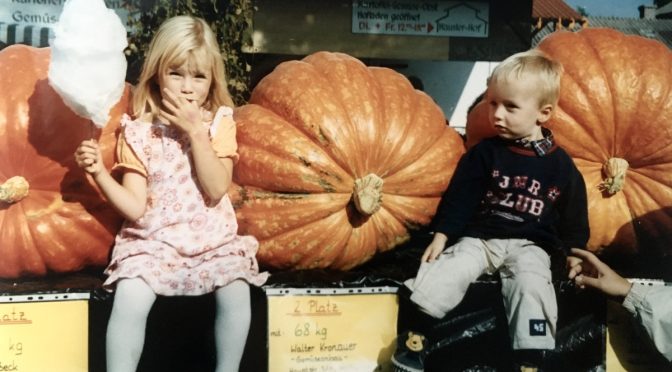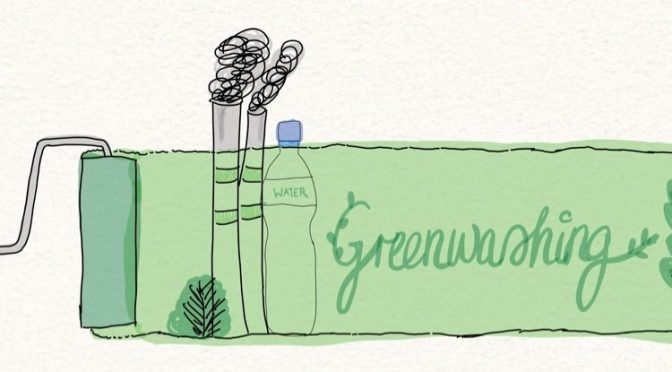Over the course of the last three months, a lot has changed in our daily routines. The sudden lockdown and stay-at-home orders have affected everyone in Germany. While many students, myself included, were able to stay at home and rejoice in the comforts of “easier” exams and a two-minute commute from bed to desk, essential workers were not so lucky.
Essential Workers during a pandemic
Undoubtedly, every single essential worker deserves more than just applause and praise for keeping our country going. And surely a million articles could be written about the heroic people that braved the storm and still made sure everyone was safe, healthy and provided with everything they needed. However, I want to focus specifically on a group that has often fallen under the radar in the last months: midwives.
For clarification purposes, midwives are women and men (yes, they exist) that take care of expecting mothers before and after they give birth.
Tanja, a self-employed midwife from Bavaria, recalls the beginnings of what will eventually surely be the prologue of a Steven Spielberg movie. “We were suddenly the only port of call and source of comfort for new mothers, not just professionally but also on a personal level. Most times, their husbands could not be with them in the delivery rooms. On top of that, the entire family is often present in the time after a birth but could not help because of the social distancing rules set in place.” At the same time, they were ordered to only stay with the mothers and babies for as short as possible, which felt like a strange internal dilemma of wanting to be safe and also wanting to give the mothers all the support they were not currently receiving, she explains.
Midwives especially were in a difficult situation because they had to move from family to family despite the no-contact rules which technically forbade anyone from visiting another household. “And on top of that, of course the families had vulnerable newborns that could easily get sick. Plus, we had to be extra careful since they had just left the hospital and were at a higher risk of having contacted Covid-19 already.” Tanja recalls.
The technological side of things
Another area of trouble was the gymnastics courses they offered to mothers after birth. “Fortunately, we were able to do the courses online almost immediately, but that brought with it its own set of challenges. I’m not a very tech-savvy person and of course, when you’re in such a strange new situation, everything that can go wrong usually does.” Laughing, Tanja remembers: “In the first session, we started about 15 minutes later than we wanted to. My colleague’s camera didn’t work and I couldn’t access the video conference at all because my e-mail provider had spontaneously shut down their site. In the end, both our kids held our cellphones for an hour because that was the only way we were able to access the course.” Since then, not only has the technological aspect gotten much smoother, but Tanja also jokes that she’s now an expert at angling the laptop perfectly so that no one sees the chaos in her room.
“All in all, we’ve dealt with the situation as best we could,” is the conclusion Tanja offers. “In the beginning, we really wondered how much us midwives matter. It seemed like every new rule put in place somewhat ignored our existence and focused on everyone but us, but eventually we were able to piece together how we should conduct our work.” When asked what the hardest part was for her personally, the answer is “Probably the huge weight I felt with regard to the comfort I wanted to offer these women but couldn’t. Pregnancy is often already a very scary time for them, and then to suddenly feel like they had to figure everything out on their own with the occasional phone call and the significantly shorter visits we conducted was a source of frustration for all of us.”
The moral of our newfound appreciation
While this pandemic is certainly not an occasion to be thankful for, it’s safe to say that our attention has had to shift to aspects of our society that we didn’t focus on before. Not only are essential workers finally receiving the attention they deserve, but like midwives, many professions have finally started being viewed as irreplaceable. Something we can take away from these months – other than a 1,5 meter distance being ingrained in our heads – might be a newfound awareness for just how difficult and important the work done by nurses, retail workers, midwives (and many more) is in our society. In the months coming, perhaps we can all do our part to make sure that we show this appreciation not only in clapping at a certain time every day, but also make sure they are treated fairly and also finally paid as much as they deserve.
author: Sarah Fiebig




